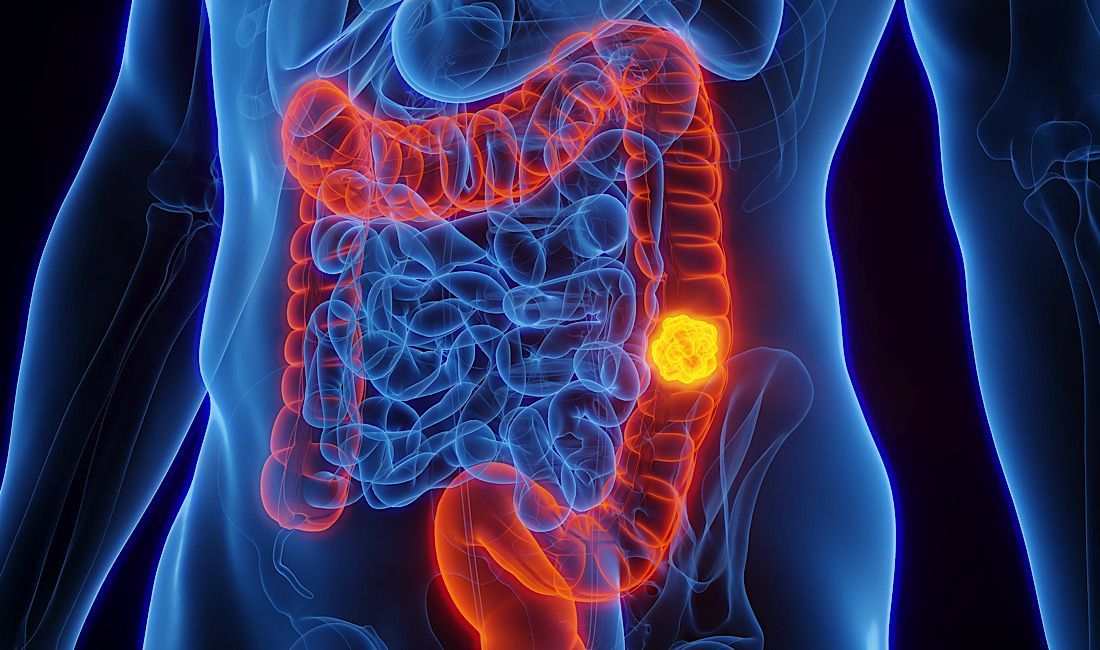How to Prove Medical Negligence in Colorectal Cancer Misdiagnosis Cases

Colorectal cancer is one of the leading causes of cancer-related deaths, emphasizing the importance of early detection and accurate diagnosis. When misdiagnosis occurs, it can lead to devastating consequences for patients, including delayed treatment and worsening health outcomes. Understanding how to prove medical negligence in colorectal cancer misdiagnosis cases is crucial for affected patients seeking justice.
Understanding Medical Negligence
Medical negligence occurs when a healthcare professional fails to provide the standard of care expected in their field, resulting in harm to the patient. In the context of colorectal cancer, negligence may arise from:
Failure to Order Appropriate Tests: If a physician neglects to order necessary diagnostic tests, such as colonoscopies or imaging studies, it may lead to a missed diagnosis.
Misinterpretation of Test Results: Healthcare professionals must accurately interpret test results. Misreading a biopsy or imaging study can result in an incorrect diagnosis.
Delayed Referral to a Specialist: If a primary care physician recognizes potential symptoms but fails to refer the patient to a specialist promptly, this can contribute to a misdiagnosis.
Key Elements to Prove Medical Negligence
To establish a medical negligence claim in a colorectal cancer misdiagnosis case, certain elements must be proven:
Establishing the Standard of Care
The first step is to demonstrate what constitutes the standard of care for the medical professional involved. This includes showing that a competent physician in a similar situation would have acted differently. Expert testimony from qualified medical professionals can help define the expected standard of care and highlight any deviations.
Demonstrating Breach of Duty
Once the standard of care is established, it must be proven that the healthcare provider breached this duty. Evidence such as medical records, testimonies, and expert opinions can help illustrate how the physician's actions or inactions failed to meet the required standard.
Causation
It must be shown that the breach of duty directly caused harm to the patient. In colorectal cancer misdiagnosis cases, this may involve proving that the delay in diagnosis allowed the cancer to progress, resulting in more severe health issues or diminished treatment options. Medical records and expert testimony can help establish a clear link between the negligent actions and the patient’s condition.
Demonstrating Damages
The claimant must demonstrate that the misdiagnosis resulted in damages, which can include physical suffering, emotional distress, financial losses due to medical expenses, and loss of quality of life. Documenting these damages is critical for establishing the extent of the harm caused by the negligence.
Steps to Take After a Misdiagnosis
If a patient suspects a misdiagnosis of colorectal cancer, taking the following steps can help build a strong case:
Seek a Second Opinion
If colorectal cancer symptoms persist or if there is a lack of clarity in diagnosis, seeking a second opinion from another medical professional is essential. A different physician may identify the cancer or provide a more accurate diagnosis, which can be invaluable for legal proceedings.
Document Everything
Maintaining detailed records of medical appointments, test results, and any communications with healthcare providers is crucial. This documentation can serve as vital evidence in proving negligence and demonstrating the progression of the illness.
Consult a Legal Expert
Engaging a medical negligence attorney with experience in cancer misdiagnosis cases can provide essential guidance. An attorney can help navigate the complexities of medical malpractice law, gather necessary evidence, and build a compelling case against the negligent party.
Legal Considerations in Colorectal Cancer Cases
In Pennsylvania, medical negligence cases must be filed within a specified timeframe, known as the statute of limitations. Understanding this timeframe is essential to ensuring that claims are filed promptly. Additionally, Pennsylvania follows a comparative negligence rule, meaning that if the patient is found partially at fault, it may impact the amount of compensation awarded.
The Role of Expert Witnesses
Expert witnesses are crucial in medical negligence cases. Their testimony can provide insight into the standard of care, the specific breach of that care, and how the negligence impacted the patient’s health. Selecting the right expert witness with relevant experience in colorectal cancer diagnosis and treatment can significantly strengthen a case.
Proving Your Case in Court
If a settlement cannot be reached, taking the case to court may be necessary. Preparing for trial involves gathering evidence, preparing witness testimony, and developing a clear strategy to present the case. An experienced attorney will be instrumental in ensuring that the case is presented effectively and that the patient's rights are protected throughout the legal process.
Proving medical negligence in colorectal
cancer misdiagnosis cases is a complex but essential process for patients seeking justice. By understanding the key elements required to establish negligence, documenting their experiences thoroughly, and consulting with legal experts, affected patients can take meaningful steps toward securing the compensation they deserve.
Frischman & Rizza is committed to helping patients navigate the challenges of medical negligence claims in Pittsburgh, PA. For expert assistance in your case,
contact Frischman & Rizza at 412-274-0134 for a free consultation.





